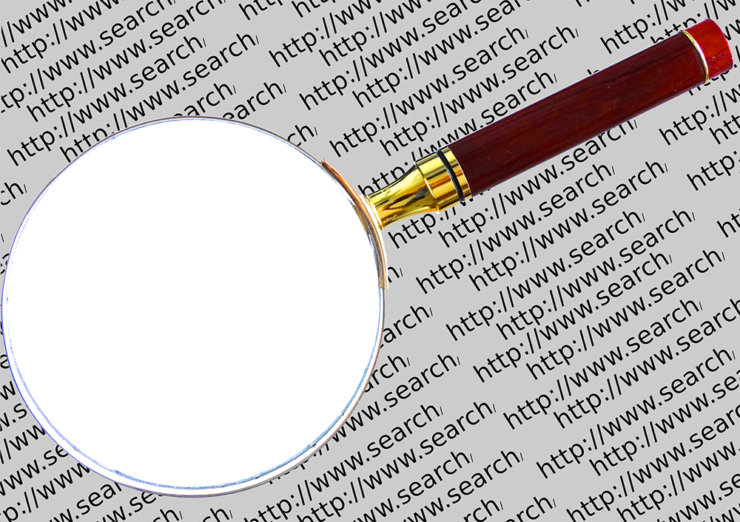
Beyond Ctrl-F: how to semi-automate searches in numerous files using regular expressions, Poppler, GREP and Python
In this hands-on workshop Liliana Melgar (GKG) covers the basic level of automated searching. The training is addressed to humanities researchers or teachers who have little or no experience with the command line/terminal or with Python. As a researcher you may need to query a relatively high number of digital files stored in your own
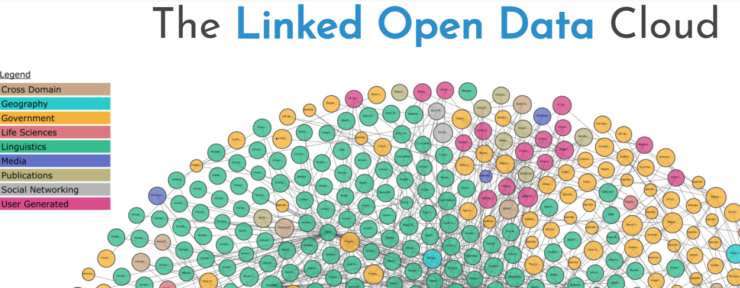
Linked (Open) Data – Showcase UB Digital Humanities
More and more institutions and researchers are discovering the possibilities of Linked Data for their dataset or (digital) heritage collection. But what exactly is Linked (Open) Data and more importantly, what can you do with it? In the Living Lab Digital Humanities, subject specialist History and Digital Humanities at the University Library Ruben Schalk, demonstrates
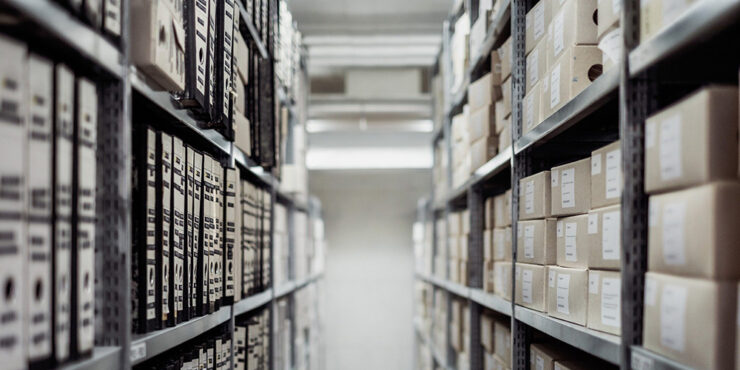
The Digital Humanities Lab develops digital toolset for major European research project ‘People and Parliament’
The Utrecht Digital Humanities Lab will collaborate with the University of Jyväskylä (Finland) on the political-historical research project ‘People and Parliament’. This collaboration between software developers and historians enables groundbreaking research into parliamentary data. ‘People and Parliament’ is an ambitious project. The research focuses on the use of political language in the national parliaments of

CDH Webinar: Hands-on session ‘Automatic Speech Recognition of Radio’
During this hands-on session on automatic speech recognition on radio, dr. Alexander Badenoch (MCW) will cover a case study of the Eurovision Song Contest.
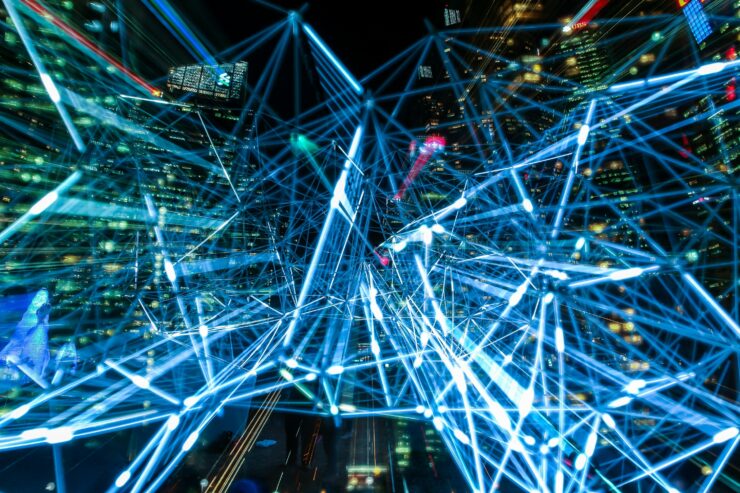
Training day with Joris Veerbeek: Network analysis
In this course you will learn the basics of network analysis: you will learn to perform such analyses using Gephi, to interpret network statistics and to create insightful network visualisations. You will also be able to work with your own dataset. Admission is free, but the number of participants is limited, so please register as
OIL Lab guest lecture
As part of the Digital Methods reading group we welcome Sal Hagen and Emillie de Keulenaar of Open Intelligence Lab (“data is the new oil making sense of new political currents in the digital sphere.”) to discuss their work. As always we will focus on the contributions and epistemological consequences of data science and computational
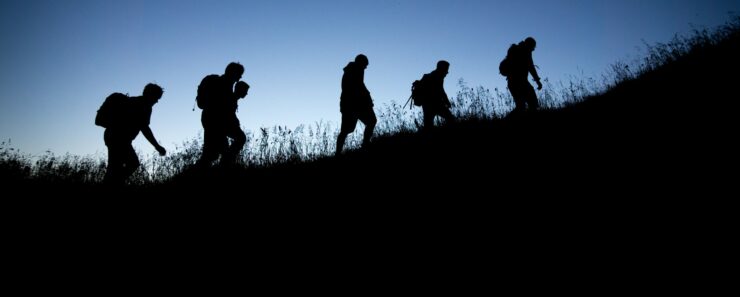
CDH Webinar: On data and care in migration contexts
On 17 September, the Centre for Digital Humanities will host the webinar: ‘On data and care in migration contexts’. In the context of the emerging interdisciplinary field of digital migration studies, this webinar will discuss how researchers can care for their data. The webinar features as a pre-launch of the volume Research methodologies and ethical challenges
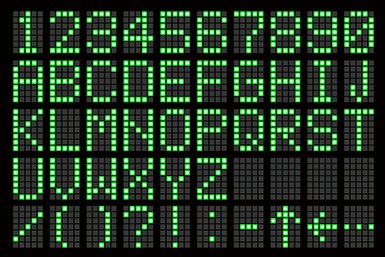
Seminar: Turning words to numbers: Pre-processing text data for text mining
Digital Humanities Lab Lecture series on Text Mining (2/5) organised by the focus area Applied Data Science.

Visual pattern recognition and (meta) data extraction
The project created a workbench that can be used for computationally analyzing large datasets of visual material. It is designed to cater to the needs of researchers in a range of studies who work with digitized visual material.
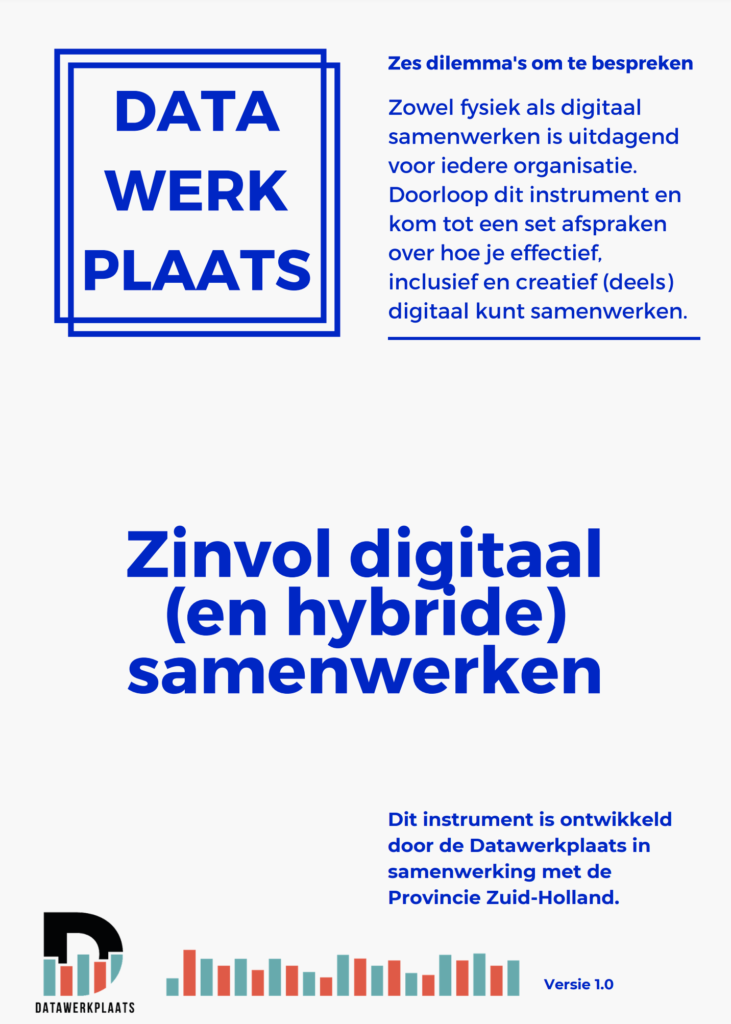
Meaningful digital (and hybrid) collaboration
This tool helps teams to shape their digital cooperation in a meaningful way during and after the COVID-19 pandemic.

